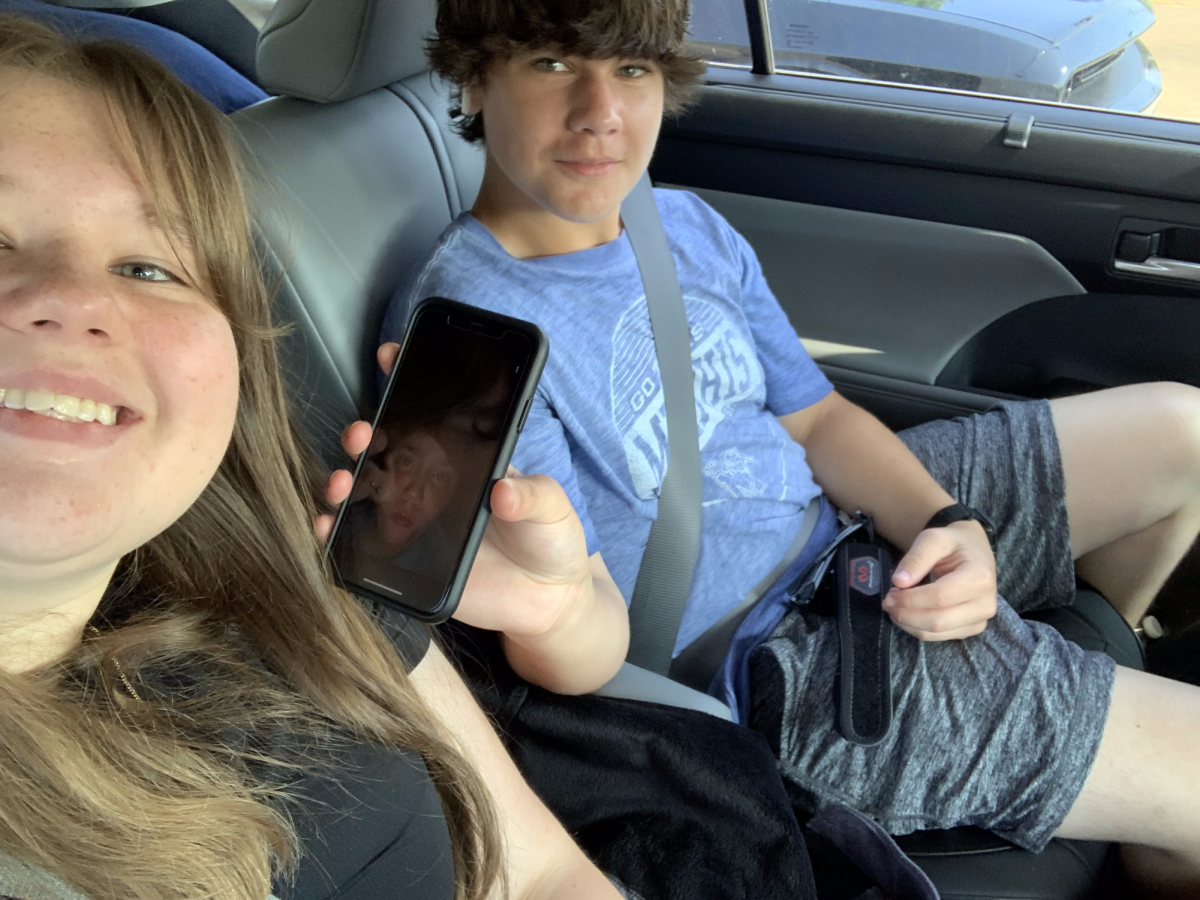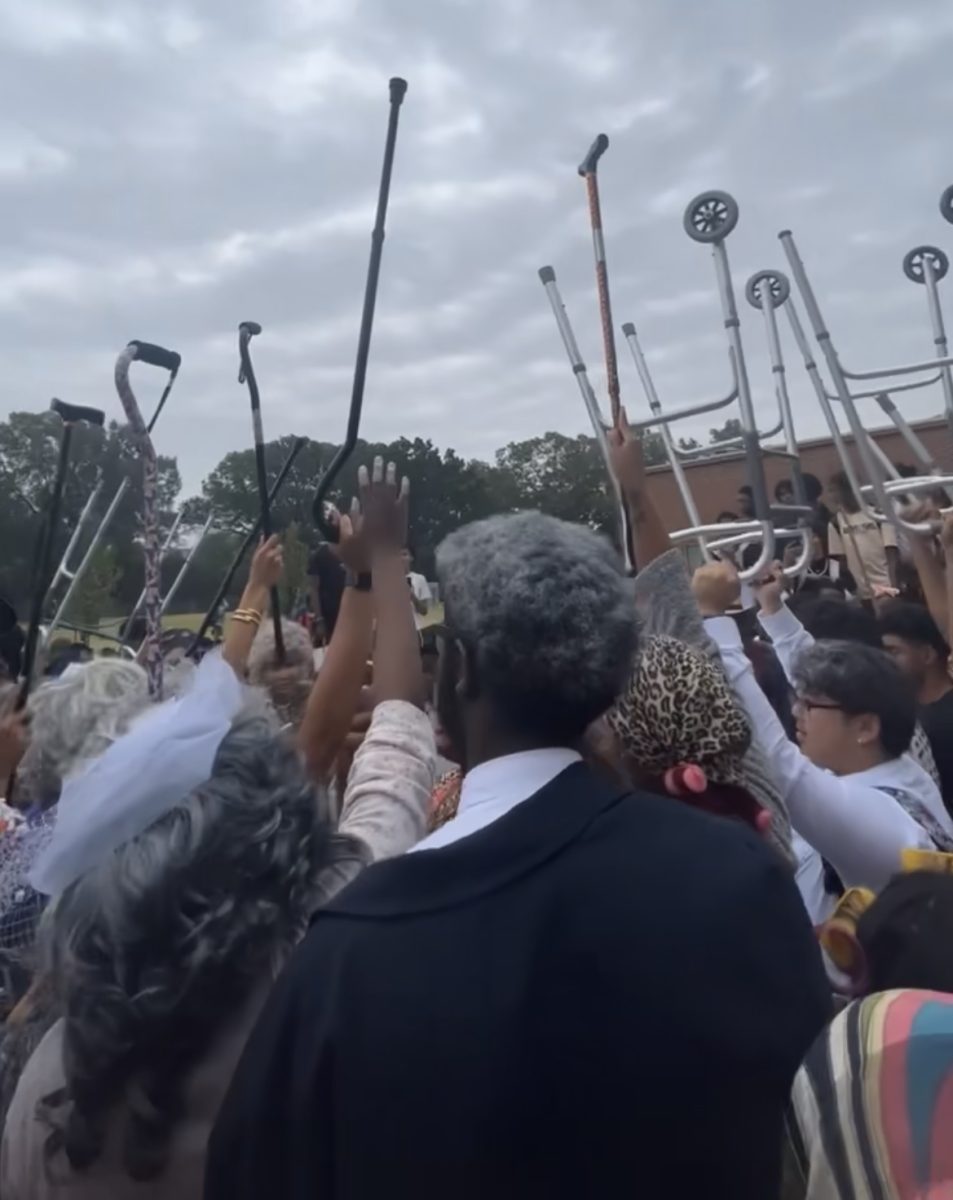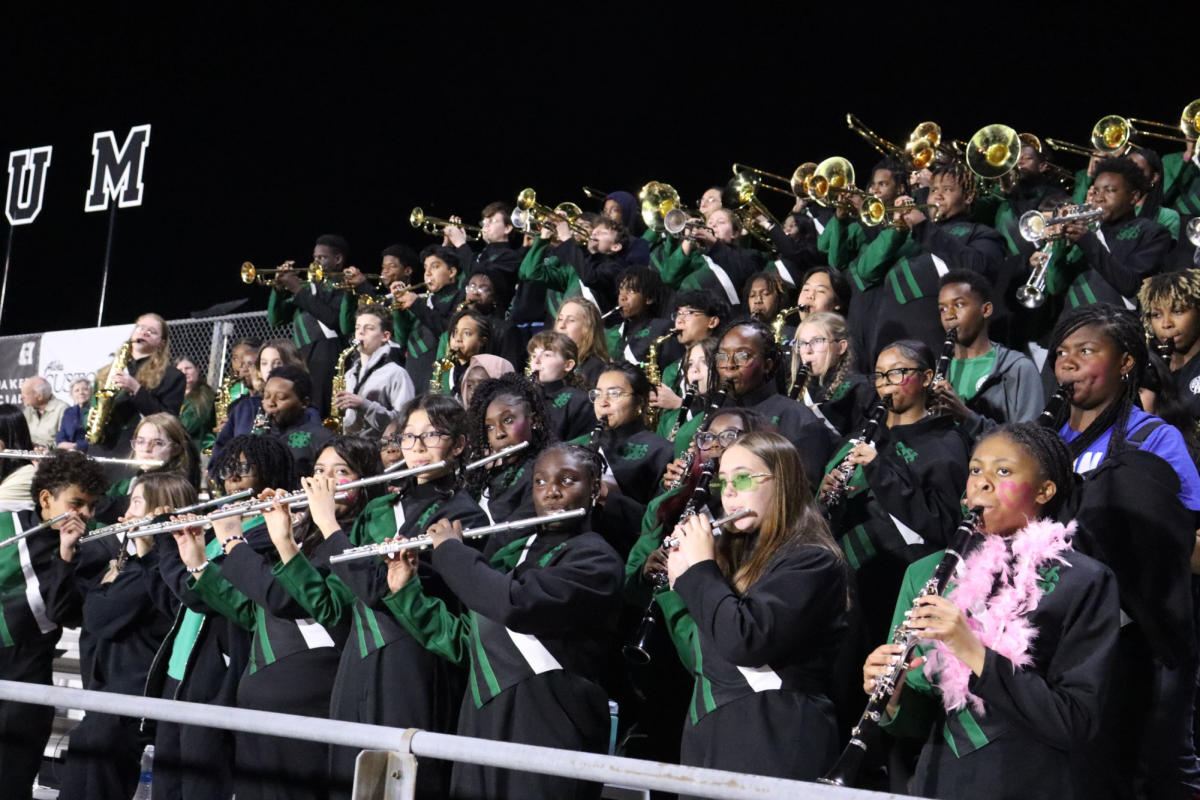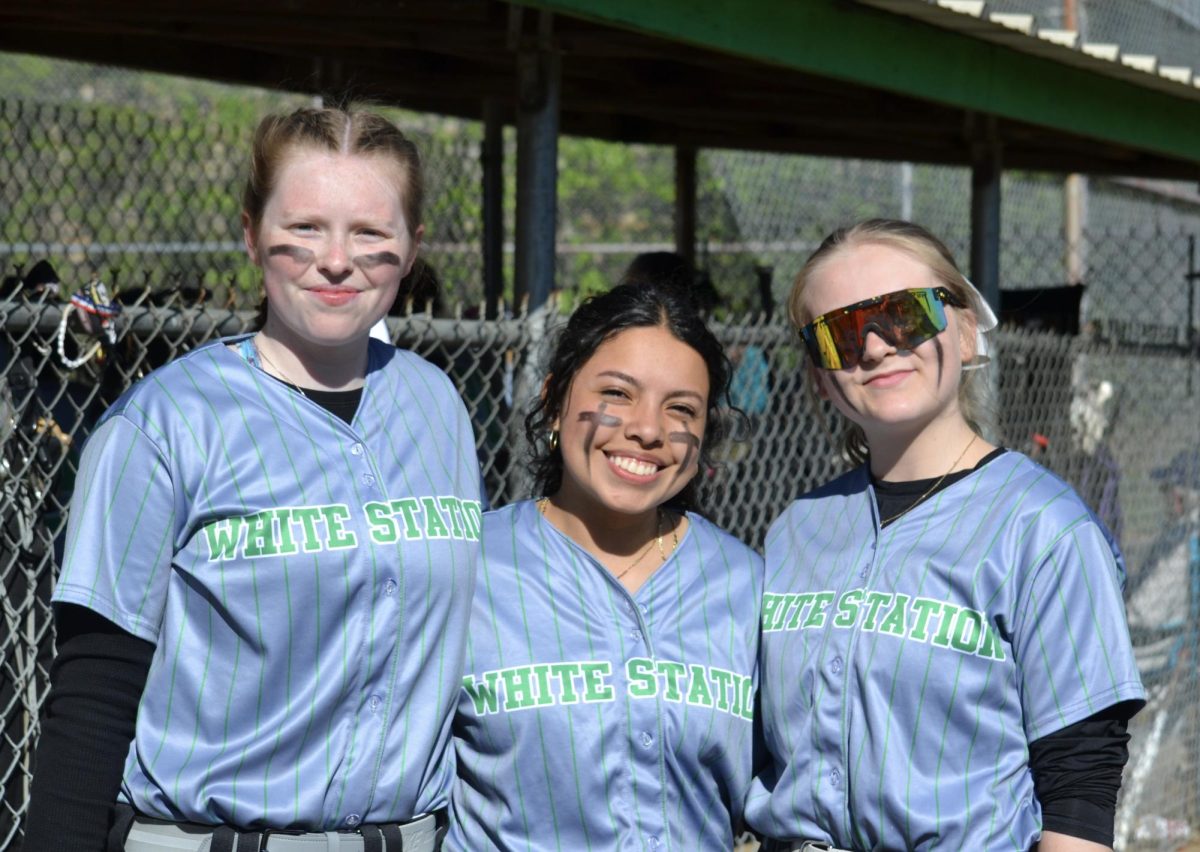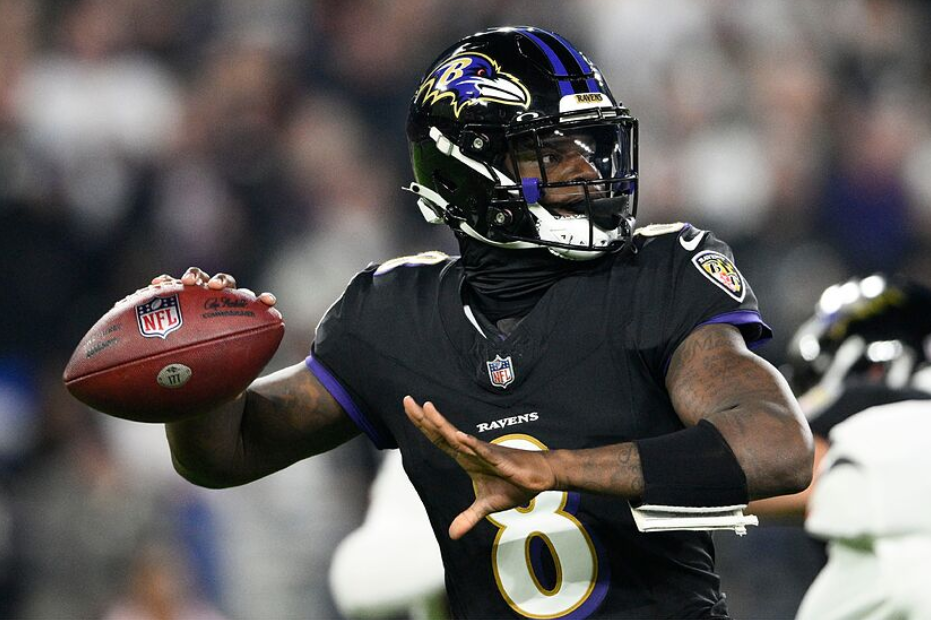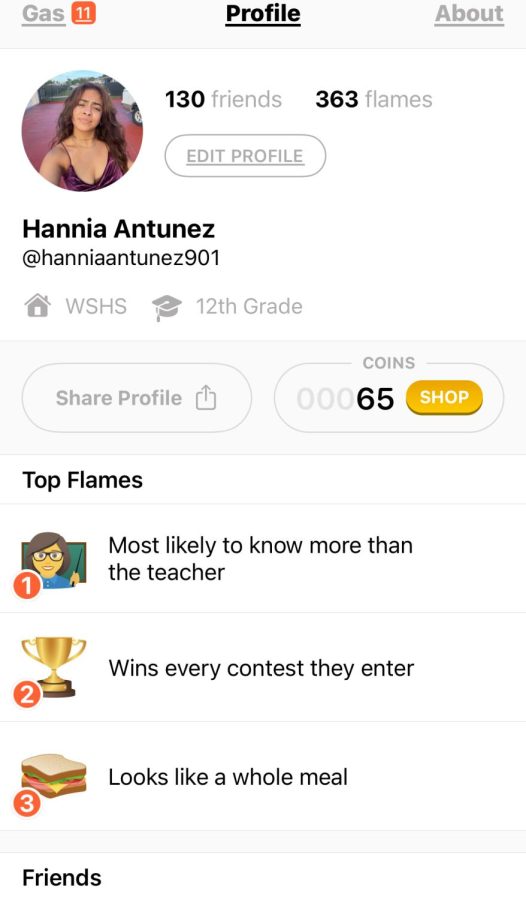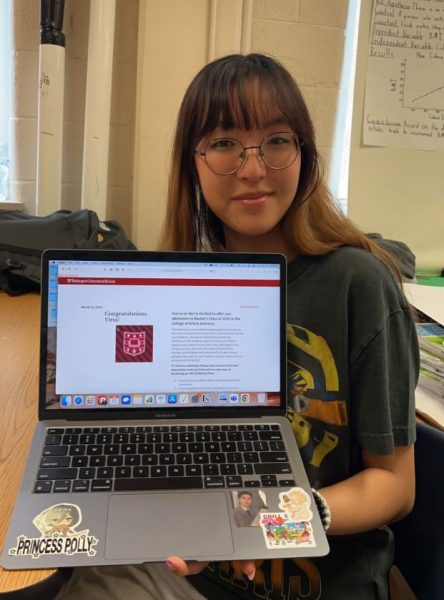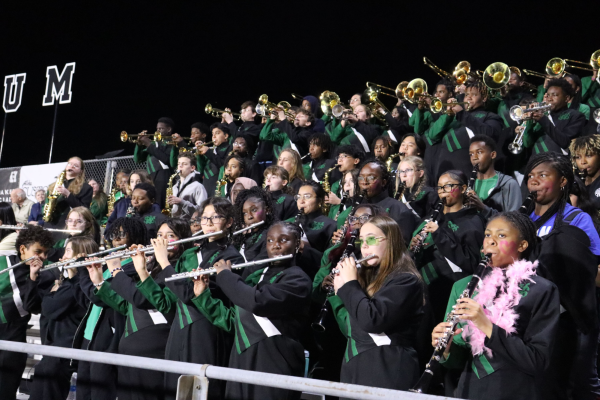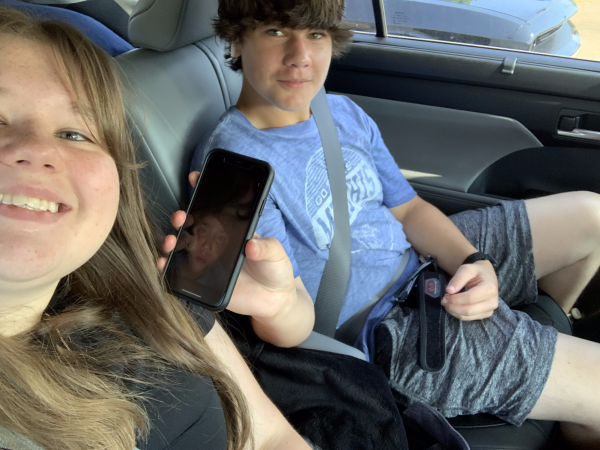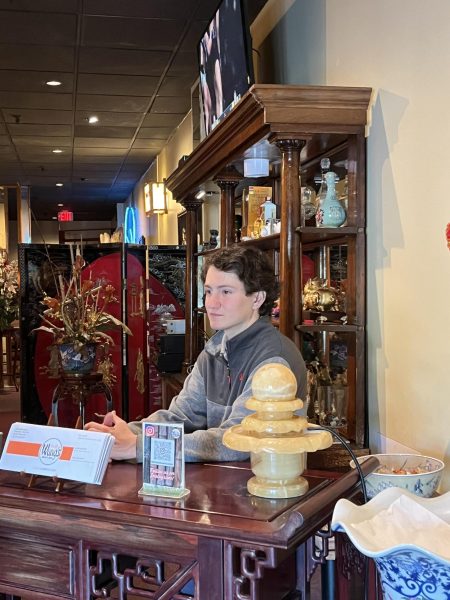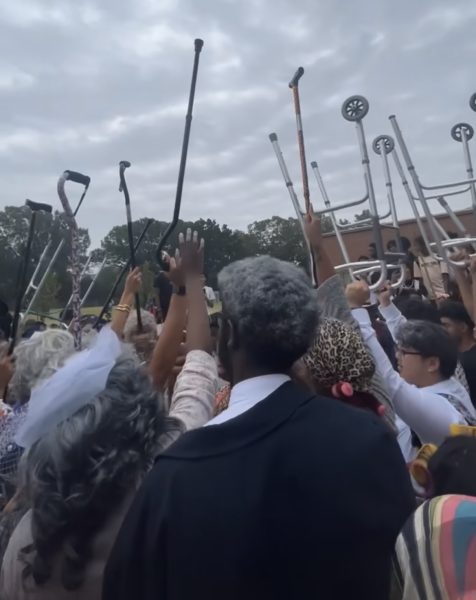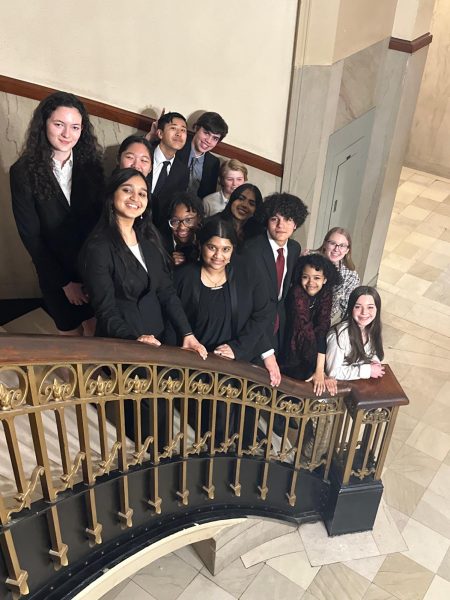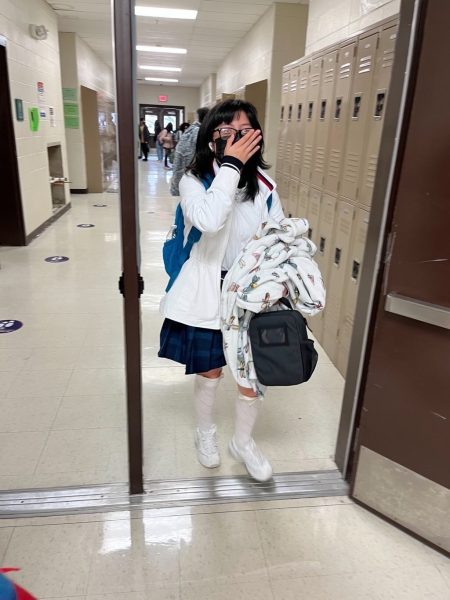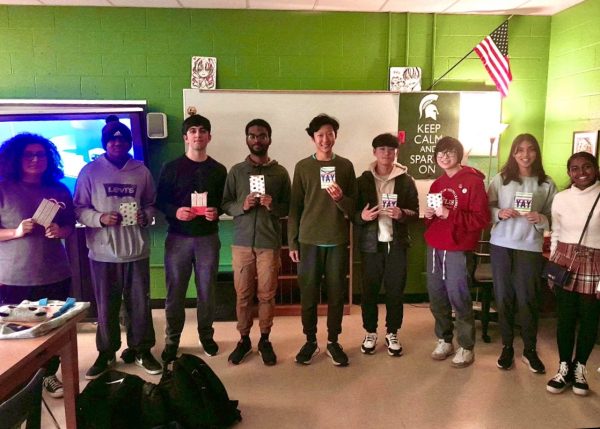Will the trend of Gas finally pass?
A Gas user’s profile contains their number of friends, how many times their name has been chosen for a poll and what the top polls they have been selected on are. The social networking app was quickly downloaded by millions of teenagers as it boosted many people’s ego.
An hour finally elapses. The long-awaited notification pops up, alerting users that it is time to head back to the app. 12 new polls show up, the first one: “Most likely to beat Pete Davidson in a roast battle?” However, all of the four people shown on the ballot are valid candidates, so a tough decision must be made.
Released in August, the Gas app took teenagers by storm once it exploded in popularity during late October. The comical app lets users vote on numerous complementary and heartwarming polls, but randomizes the user’s friends as the poll’s options.
“People like to know things, you know,” Melodee McCoy (12) said. “So, or at least for me, I’m like, I need to know what everyone thinks about me.”
When a person’s name is selected on a poll, the app sends a notification to the person selected, which allows them to see what they were voted on and what the other name options were, but not who the voter was.
“The way someone described it to me was like senior superlatives, but in an app, and I was like ‘Oh cool, I like those,’” McCoy said. “So, I got [the app].”
Advertised as an anti-bullying app, Gas does not include any negative polls, and focuses on giving everyone a fair chance to receive a compliment. Additionally, a user’s profile showcases how many times their name has been selected on a poll, their number of friends, and what polls they have been selected most for.
“In a way I think it could be like an ego booster, because a lot of the polls are like ‘Who would you like to go to the homecoming with,’” Doc Aberle (12) said. “So, in a way I think that could like help bring a person’s morale up.” For the price of $7.99 a week, a user can select two polls from their inbox and view who the voter was. However, this feature is largely unpopular, because many of the Gas’s users are young, and they consider the price to be too expensive for such a small amount of information.
“[I]t charges you like seven to eight dollars for like two [name reveals], which I never paid for,” McCoy said. “I don’t have seven dollars in my bank account. I got two cents to my name.”
In addition, some feel like the costly premium feature can mislead users. Some of the polls pose flirty questions, and users may randomly select a name just to continue to the next poll.
“I think the premium subscription of like [figuring] out who likes you is a little strange to say the least, because … it can give someone like a false sort of idea that someone likes them even though it’s just an app,” Aberle said.
While Gas took the number one spot in social networking apps in only a few days, it has also consistently decreased in popularity by the day. Among high-schoolers, Gas is expected to completely vanish from their minds within a couple of weeks unless its creators update it with unusual and exciting features to lure teenagers back in.
“I used it like about two hours the first day, and then after that it died down,” McCoy said.
Although Gas’s run is predicted to be short-lived, many claim it successfully completed its goal to spread positivity in an era where anxiety and insecurities rampage the minds of teenagers.
“Everyone is just self-conscious about what other people think about them, and I guess the app was just a reassurance,” McCoy said. “[I]t kind of calmed [self-conscious people] down.”
Your donation will support the student journalists of White Station High School. Your contribution will allow us to purchase equipment and cover our annual website hosting costs.



